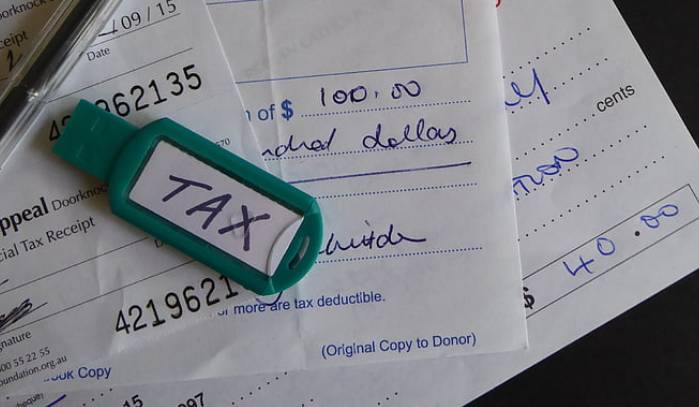Articles
Disability Advice from an attorney with decades of experience with disability benefits.

Is It Hard to Get SSDI for PTSD? The Process Explained
Social Security Disability Insurance (SSDI) is available for a wide range of disabilities, which also includes many mental illnesses like Post-traumatic Stress Disorder (PTSD). These illnesses can interfere with a

How Does SSA Determine Back Pay For SSDI?
It might be frustratingly slow to wait for your Social Security Disability Insurance (SSDI) claim to be processed. It could take several weeks or months before you even get your

Can You Collect SSDI and Live in Another Country?
Social Security Disability Insurance (SSDI) is a federal government program intended to help those who are disabled and no longer able to work due to their condition. While most SSDI

How Long Could You Survive On SSDI Alone?
Social Security Disability Insurance (SSDI) is intended to financially help people who are too disabled to return to work. As such, many people with disabilities find that living on SSDI

How Long Does It Take to Get a Lawyer for Disability?
If you’re filing for disability benefits, you may have recognized by now that hiring a lawyer makes the process a lot smoother. But if you don’t know where to get

Can You Get SSDI Without Ever Working?
Social Security Disability Insurance (SSDI) is intended to provide financial assistance to those who can no longer work due to their disability. This may lead one to wonder whether it

Does Quitting Your Job Affect Disability Benefits?
Disability benefits are intended to help those who are unable to work and are deemed disabled under the policy of an insurance provider. However, the policies are quite complex for

What Is An Internist Appointment For Disability?
Many people who apply for Social Security Disability Insurance (SSDI) receive a letter asking them to see a doctor at the program’s expense. This can be confusing for applicants. After

7 Ways You Can Increase Your SSDI Benefits
Many people find it hard to get by based solely on their Social Security Disability Insurance or SSDI benefits. This is because while these benefits are a lifesaver in many

What Can SSDI Be Used For? 4 Things to Know
You might think that once your Social Security Disability Insurance (SSDI) application is approved, the worst part is over. But the complexities involved with this program extend further than that.

The 10 Most Approved SSDI Disabilities
In order to qualify for SSDI benefits, applicants must satisfy some very strict requirements. However, there are some conditions that are much more likely to be approved for disability than

5 Signs That You Will Be Denied for Disability
Waiting to hear back from the Social Security Administration (SSA) after applying for disability benefits can be anxiety-inducing for many people with disabilities. However, there are a few telltale signs

Can You Collect SSDI And Social Security Retirement Benefits Simultaneously?
Many people receiving Social Security Disability Insurance (SSDI) benefits are nearing retirement age and awaiting their Social Security Retirement payments since SSDI benefits alone are often not enough to make

Best State To Live In On Social Security Disability
Many people who receive Social Security Disability Insurance payments find it hard to make ends meet based on SSDI alone. However, circumstances can differ among beneficiaries based on where they

Can SSDI Be Garnished for Child Support?
If you are paying child support and start receiving disability benefits, there are a few things you need to know, including the possibility of having your payments garnished, changes in

Can You Collect SSDI While Working Under the Table?
Many professions often entail jobs that pay under the table. This usually means that this income is not declared to the IRS. If you are receiving Social Security Disability Insurance

Why is Your SSDI So Low? 6 Common Reasons
Social Security Disability Insurance is a saving grace for most people with disabilities who are unable to return to work after a disability or medical condition. But the amount is

6 Things That Happen After You’re Approved for SSDI
The Social Security Administration’s (SSA) procedures for approving disability benefits are quite complex, and the application process can be daunting for most individuals. However, not many know what to expect

7 Other Benefits You Can Get With SSDI
Social Security Disability Insurance (SSDI) is intended to help those who are disabled and unable to go back to work. But it is often not enough to make ends meet.

Is It Hard to Lose Your SSDI?
There are many people who depend on their Social Security Disability Insurance (SSDI) benefits to survive. As such, the thought of losing their SSDI benefits can be anxiety-inducing. It might
